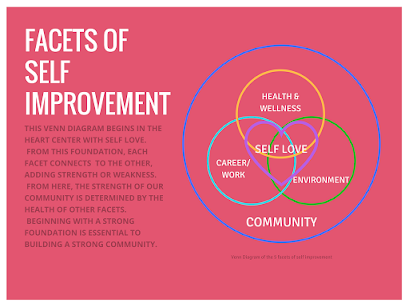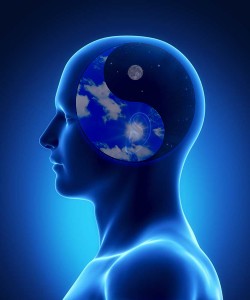Posts
STRESS
- Get link
- X
- Other Apps
Stress is a feeling of emotional and physical tension. It can come from any event or thought that makes you feel frustrated, angry, or nervous. Stress is your body's reaction to a challenge or demand. In short bursts, stress can be positive, such as when it helps you avoid danger or meet a deadline. But when stress lasts for a long time, it may harm your health. Stress is caused by an existing stress-causing factor or "stressor". Anxiety is stress that continues after the stressor is gone. Stress is a normal feeling until it becomes anxiety and starts harming you. There are two main types of stress: Acute Stress - This is short-term stress that goes away quickly. You feel it when you slam on the brakes, have a fight with your partner, or ski down a steep slope. It helps you manage dangerous situations. It also occurs when you something new or exciting. All people have acute stress at one time or another. Chronic Stress - This is stress that lasts for a longer period of...
DEPRESSION
- Get link
- X
- Other Apps
What is depression? Depression is classified as a mood disorder. It may be described as feelings of sadness, loss, or anger that interfere with a person's everyday activities. It's fairly common. Ever since the pandemic hit India over ten months back, followed by an unprecedented lockdown, stress levels have been on the rise with 43% Indians suffering from depression according to a new study. According to the study, 26% respondents were suffering from mild depression, 11% were feeling moderately depressed, and 6% were facing severe symptoms of depression. People experience depression in different ways. It may interfere with your daily work, resulting in lost time and lower productivity. It can also influence relationships and some chronic health conditions. It's important to realize that feeling down at times is a normal part of life. sad and upsetting events happen to everyone. But if you're feeling down or hopeless on a regular basis, you could be dealing with...
SELF IMPROVEMENT
- Get link
- X
- Other Apps

What is self-improvement? The definition of self-improvement is pretty self-explanatory: self-improvement is the improvement of one's knowledge, status, or character by one's own efforts. It's the quest to make ourselves better in any and every facet of life. Self-improvement almost always starts with self-awareness and the ability to transform your habits. If you're serious about transforming your life and improving yourself, you should start with these two points: How to stop lying to ourselves: A call for self-awareness - If you're serious about getting better at something, then one of the first steps is to know - in black-and-white terms - where you stand. You need self-awareness before you can achieve self-improvement. The lie we tell ourselves. We often lie to ourselves about the progress we are making on important goals. For example:- If we want to lose weight, we might claim that we're eating healthy, but in reality our eating habits haven't chan...
SELF-HYPNOSIS.
- Get link
- X
- Other Apps

To examine how to use self-hypnosis it will be easier to first examine "hypnosis" itself. Hypnosis is a procedure in which suggestions (from the "operator") are given (to a subject) during a state of focused awareness. In other words, a hypnotic process is underway anytime a person's attention is focused and possibilities are offered for their consideration. "Let your body relax totally, from head to toe". "You will awaken feeling alert and fully rested". "Picture in your mind the most relaxed, peaceful place you could imagine". "Imagine you can hear your beloved grandmother's voice". If your attention is focused on any of the suggestions, the phenomena of hypnosis tend to ensue. You enter a light "trance" state. If this is done over a longer period of time, say 10 minutes, you will tend to go to a deeper level, especially if gentle music is playing in the background. and if you are listening to a talented ...
